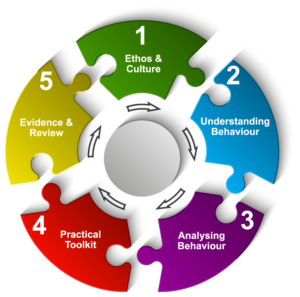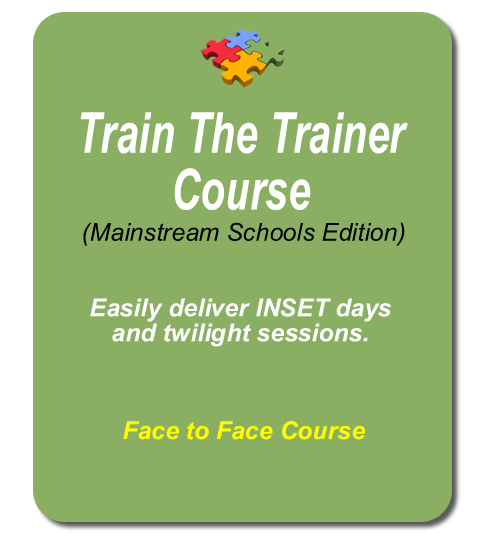- Q: Where Are They Held?
Option 1 - Delegates can either join one of our ‘national – open’ courses which are run at a number of venues around the country.
Option 2 - or, alternatively, you can commission a CLOSED ‘In-House’ course, just for your organisation! A minimum of 6 delegates is required, we come to you. This option will also save you significant costs by avoiding the need for your delegates to stay in a hotel for 8 days.
- Q: How long does the course last?
A: 8-Days. The start and finish times are 9.00 am – 4.45 pm each day. There will be a mid-morning & mid-afternoon break as well as a lunch break. Lunch and refreshments are provided.
- Q: How many delegates can attend?
A: We recommend that you have a minimum of 2 people to become your In-House Trainers. For quality assurance purposes, In-House Trainers should train in pairs whilst delivering courses. However, we recognise that smaller organisations may not have the resources to send 2 people to become trainers. In this circumstance, additional support may be required.
- Q: Is the course certificated?
A: Yes, all delegates who pass the course will be issued with a certificate as part of the course fee. Certificates are valid for 12 months.




